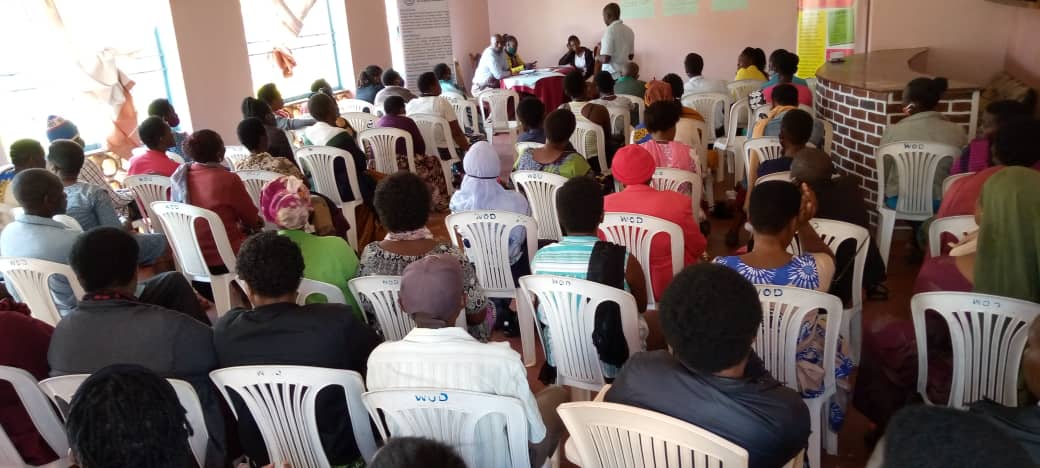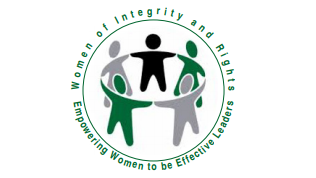Women as Important Actors in the Fight Against Corruption

Corruption is a substantial impediment to sustainable development. Preventing corruption
therefore contributes to reducing inequalities, it strengthens the rule of law, enables investments,
and improves the business environment. The importance of preventing corruption is also
reflected in the United Nation's Sustainable Development Goal (SDG) 16.5: substantially reduce
corruption and bribery in all their forms. In line with SDG 17, all relevant stakeholders are being
engaged in order to increase integrity.
The links between gender and corruption are increasingly highlighted by both academia and the
international community. Men and women are affected by corruption in different ways and are
objects of different corrupt practices and behaviours as corruption disproportionately hurts the
most vulnerable and marginalized sectors of the population. Thus, WIRI strongly promotes the
implementation of a gender-specific approach in all compliance activities. Women are key actors
in the fight against corruption and need to have a strong voice in the public discourse.
In line with this, in 2019, WIRI established the Working Group ‘Women in Integrity (WIN)’ that
provides a safe platform for female entrepreneurs and professionals to discuss key challenges
related to corruption in day-to-day business. The members of the working group are
representatives of businesswomen's associations, that are committed to promoting business
integrity and raising awareness of the importance of anti-corruption efforts among women.
During the last meeting of the Working Group, the members concretised their strategy to
establish and support the Regional and Sub-regional Advocacy Committees. Part of their
activities will be an online seminar on the successful implementation of an effective compliance
management programme aimed at women-owned SMEs that are members of the business
association.
Starting the meeting, the members discussed the activities that will be carried out in the coming
years, including a survey on the pandemic’s impact on the local economy and the continuing
support for the Regional and Sub-regional Advocacy Committees.
What we do to address corruption
a) WIRI will be conducting business integrity trainings that will be carried out across the
country.
b) WIRI will also develop and promote The Integrity policy that will allow SMEs by
women to self-assess and improve their compliance measures.
c) Organisation of conferences and workshops related to corruption prevention and
compliance
d) Gathering knowledge, carrying out research and distributing the results in a practically
applicable and easily accessible manner
e) Ensuring an increased understanding and awareness of the problems and effects of
corruption on women
f) Enhancing the collaboration between private and public sector by connecting key actors
and fostering exchange between them
g) Establishment of a local network to enhance capacity-building
h) Regular meetings of the women and women’s organizations to address corruption and its
impact on women
i) Support women business associations in their capacity as service providers to their
members, regarding anti-corruption issues
j) Train-the-trainer approach and aassisting women’s organizations with the development of
compliance capacities
